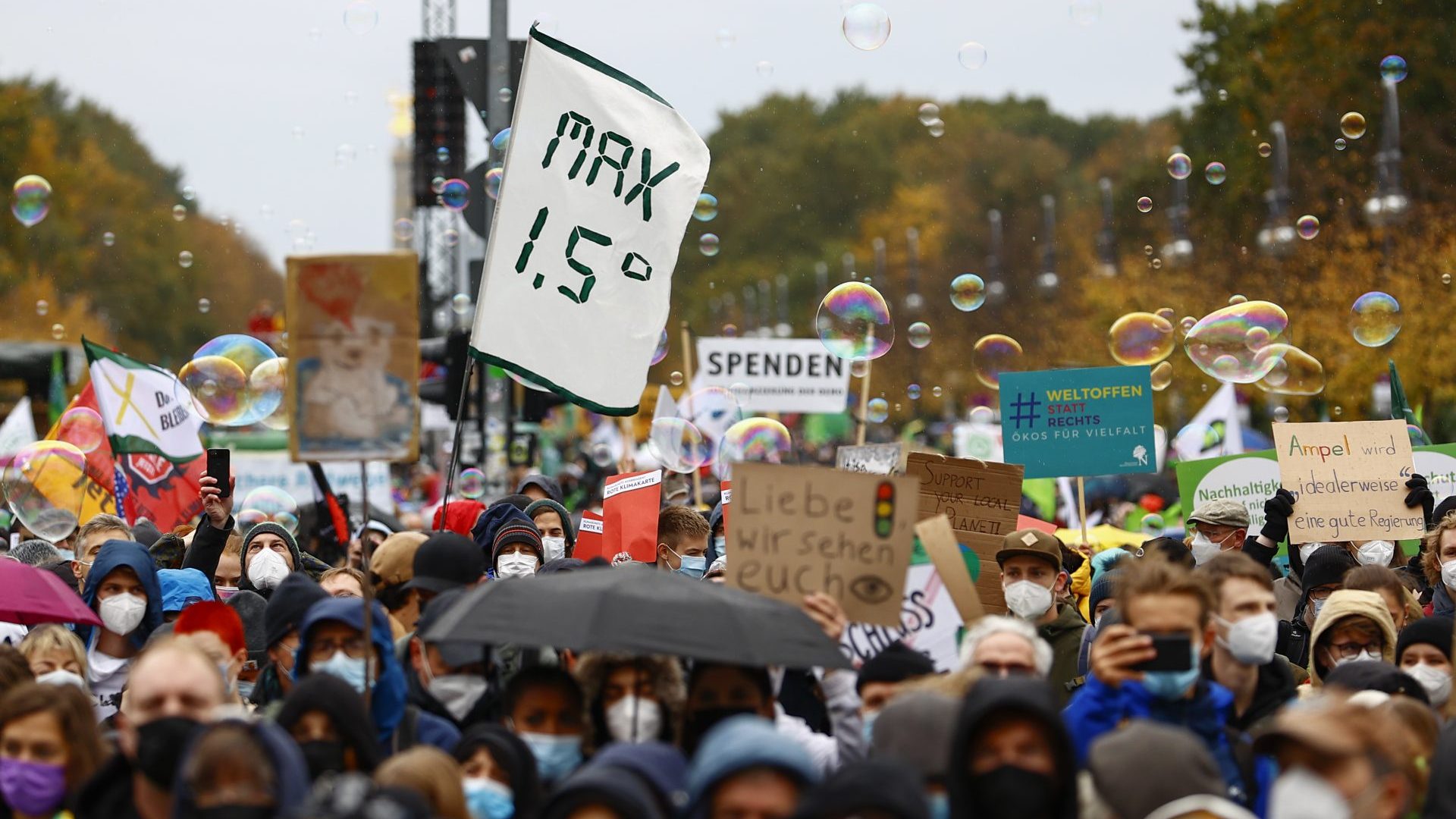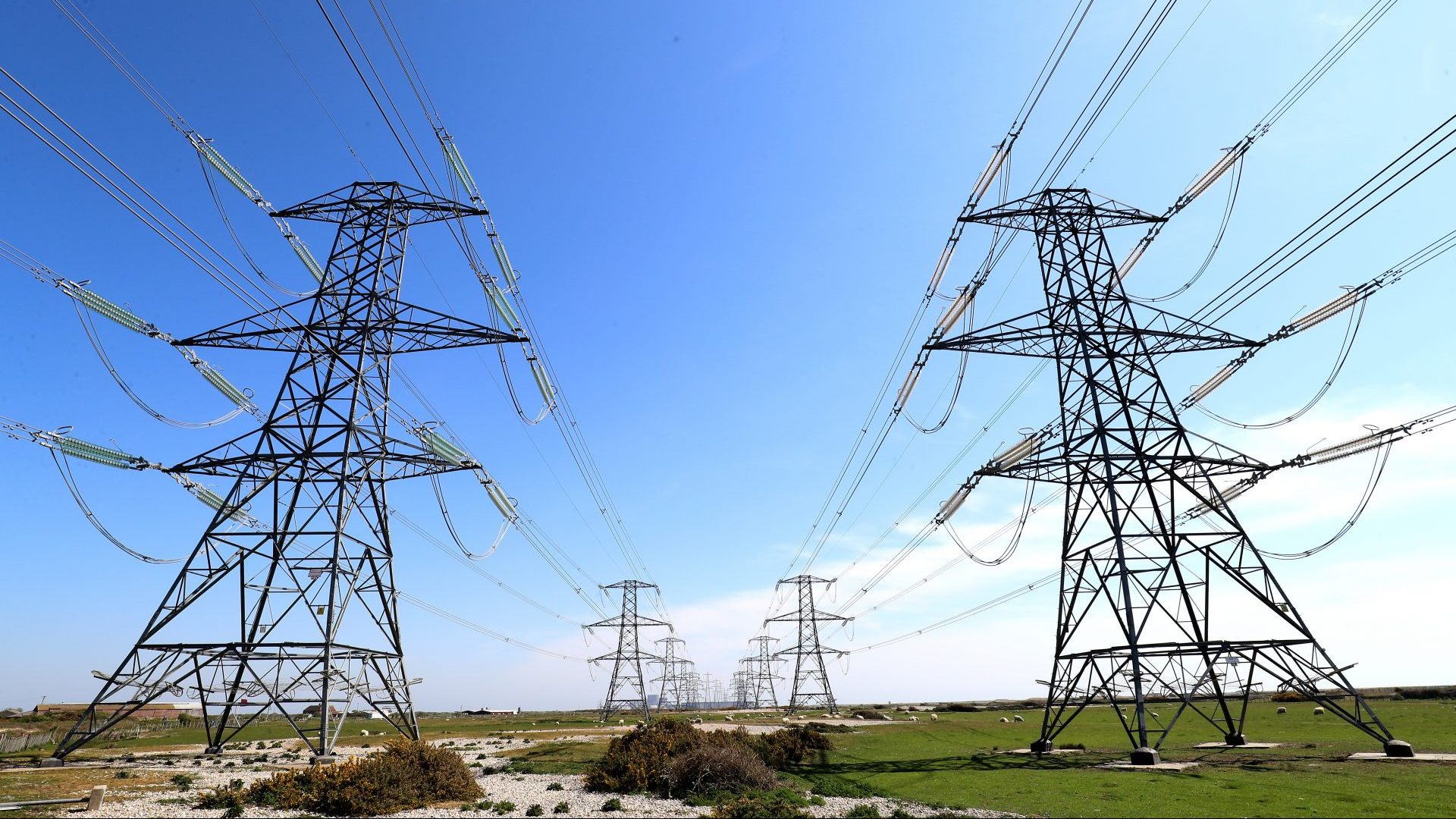Life hasn’t been easy for car drivers in Germany. Soaring petrol prices, constant accusations of playing planet-end-game and, for a couple of weeks now, hostage-taking in rush-hour traffic.
The hostage-takers belong to the latest en-vogue climate group, the so-called Last Generation (the drama of the name is very much intended). These are the self-defined ultimate humans who can yet stop an ecocide.
Never mind that Germany has just had a general election, never mind that the Green party is part of the new government: LastGen feel that whatever policy is already implemented or envisaged to stop a climate catastrophe simply isn’t radical enough.
Some of the activists held week-long hunger strikes during the electoral campaign last year. Now, however, they have come up with the most radical move imaginable in Germany: they block our Autobahn!
In Berlin, but also in other large cities such as Hamburg and Stuttgart, thousands of commuters have been kept from accessing the motorway by small groups of mostly young people in reflective neon vests.
They pick more or less suitable junctions, meet there at dawn and prove that only six or seven activists are enough to cause havoc. They paste their hands to the tarmac with superglue, their noses just a metre away from the frontline car bonnets, and we get hours of traffic jams as a result (I’m not sure that bit is exactly climate-friendly).
When police finally manage to replace the superglue with handcuffs, the activists take selfies in custody and celebrate their heroism on Twitter. The reviews are mixed.
The general public and politicians across all parties criticise the blockades. High-ranking members of the Greens – among them the environment minister – have, however, hailed this “civil disobedience” (this raise the question of why disobedient anti-vaxxers and lateral thinkers aren’t applauded in a similar way when breaking the law).
The leftwing daily Tageszeitung was so fascinated by the efficiency of disruption, it proposed a thought experiment: If there are 2,260 slip roads merging on to the Autobahn and you need only seven people to block each one – why still organise large demonstrations in front of the Kanzleramt? Why indeed?… oh, wait: Maybe because pregnant women, firefighters, craftspeople, teachers, delivery vans, undertakers and doctors should not spend hours in blockades deliberately caused by students (some of whom have told reporters about taking a break from climate insurgence to go on skiing trips with their parents).
Most of the commuters are sympathetic to the climate cause – they just don’t see the point of being kept from work. And the ones most hit are of course those who can’t afford not to have a car. Unlike those who live in the affluent city centre, work from home and cycle to the Bioladen (health food shop).
Unsurprisingly, in addition to the self-promotional activist videos, footage on social media also shows sturdy working people letting loose on the Klebis (gluers).
Last Generation’s goal, by the way, has nothing to do with cars and pollution: it is to save food, or rather not to waste food. About 18 million tons of groceries currently end up in German Mülltonnen (garbage bins) each year, 10 of which could be prevented, according to WWF, the world wildlife organisation.
The Autobahn activists call for a law that forces supermarkets to donate food instead of throwing it away, once its shelf-life has passed. They also want “dumpster diving” to be legalised; today if you’re desperate enough to have to do this, you can still be prosecuted for theft.
Food waste is a worthy cause. Which is why the government coalition already has legislation up its sleeve to reduce it. But parliamentary democracy does indeed work more slowly than superglue.
And long-term studies show that in Germany it’s not retail (4%) that produces the majority of food waste, but private households (52%). This happens for a variety of reasons: fruit or dairy that has gone bad before it can be used; food that doesn’t look so appetising any more; cooked portions that are too big to eat, and of course the Mindesthaltbarkeitsdatum (“best before” date) on the package taken for a Verbrauchsdatum (“use by” date).
Sure, a well-run information campaign isn’t as sexy as Autobahn activism – but it would definitely save more food.
And nerves.




